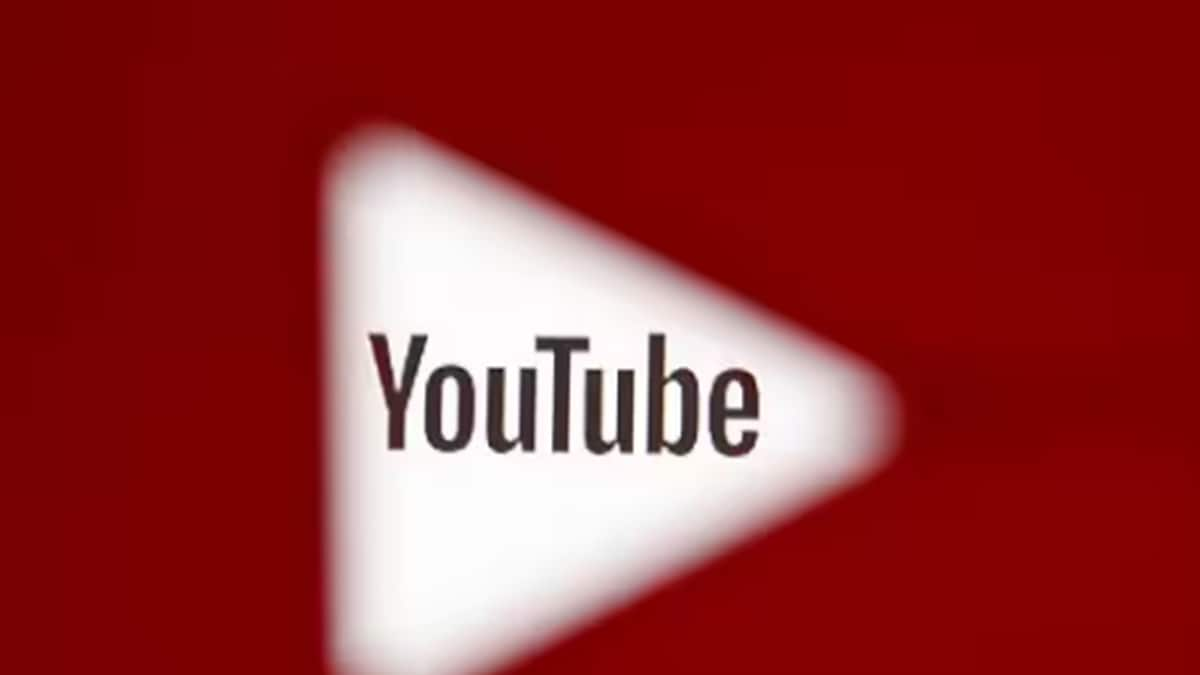YouTube Emerges As Most Popular Platform For Indian Language News, Says Report

YouTube is getting popular for news intake. (Representative image)
YouTube is the most popular platform for Indian language digital news consumers, with a whopping 93 per cent using it to access news, a report revealed on Thursday.
Google-owned YouTube is the most popular platform for Indian language digital news consumers, with a whopping 93 per cent using it to access news, a report revealed on Thursday.
The report by Google News Initiative in partnership with marketing data and analytics company Kantar captures the distinct news content consumption preferences and behaviours of the online Indian language news consumers in the country.
It showed that an Indian language consumer uses as many as 5.05 digital platforms on an average to access news online.
YouTube emerged the most popular, followed by social media (88 per cent) and chat apps (82 per cent) to access news. Another 45 per cent online news users in Indian languages access news via news publishers’ websites or apps.
The report is designed to help newsrooms prioritise better and inform content strategies to index on relevant content areas for different languages.
It showed that the country’s digital news user is a richly diverse group, and in sharp contrast to oft-held perceptions of a monolithic, homogeneous “regional” consumer. With one in two Indian languages internet users consuming news in the country, the report highlights that consumers with different language preferences also show differing content preferences.
For instance, while entertainment, crime and national or state or city headlines are top core news genres that readers prefer, readers of Malayalam news have a higher preference for international news and education, while Bengali readers prefer sports news.
“The Indian language news consumer has traditionally been considered less affluent and as having less of an appetite for complex content, as compared to the English language news consumer. The study shatters that myth — the language news consumer is evolved, urban, diverse and demonstrates a willingness to pay digitally. This can unlock enormous opportunities for publishers and advertisers,” Biswapriya Bhattacharjee, Director, B2B & Technology, Kantar, said in a statement.A
The report also showed that digital news readers are more evolved and affluent, as compared to overall language internet users. They also show a markedly increased propensity for online transactions (UPI, shopping and OTT).
Also, one in seven (15 per cent) users is ready to pay for news online and this figure is 1.5 times (22 per cent) higher among those users who consume news on publisher websites/apps.
“Content businesses, including digital news publishers, have the potential to unlock new growth avenues by better engaging with an evolved and affluent cohort of Indian language digital news consumers,” Sanjay Gupta, Country Head and Vice President, Google India, said in the statement.
“As a growing digital economy, we need to come together and build new propositions and brands across mediums to engage with consumers who are seeking authentic, reliable and high-quality content,” he added.
For the report, Kantar conducted more than 64 qualitative discussions across 16 cities, and more than 4,600 in person interviews in 43 urban cities across 14 states from November 2022 to March 2023.
The report covered eight languages — Bengali, Gujarati, Hindi, Kannada, Malayalam, Marathi, Tamil and Telugu — and included both male and female respondents above the age of 15.
Read all the Latest Tech News here
(This story has not been edited by News18 staff and is published from a syndicated news agency feed)
For all the latest Technology News Click Here


